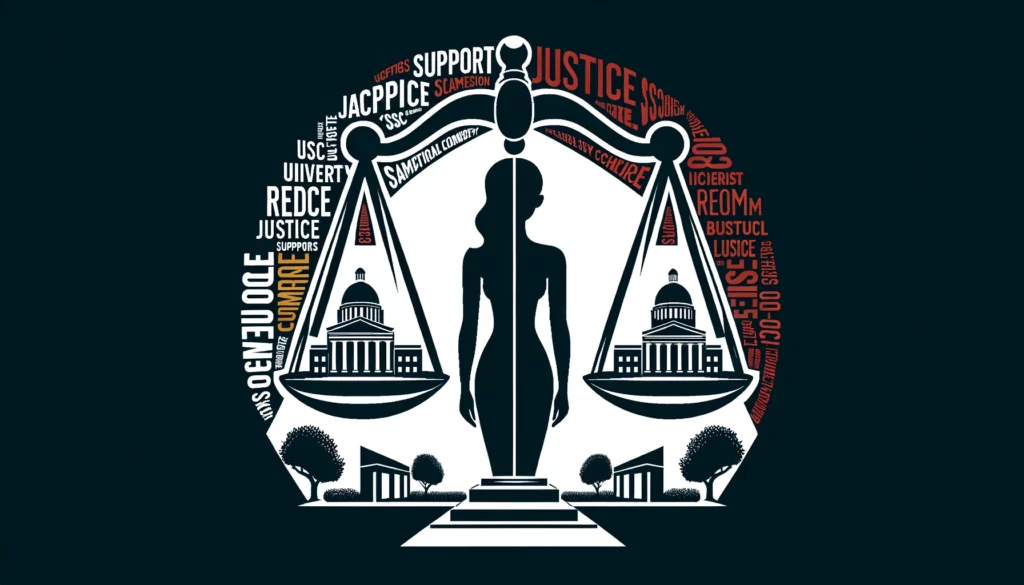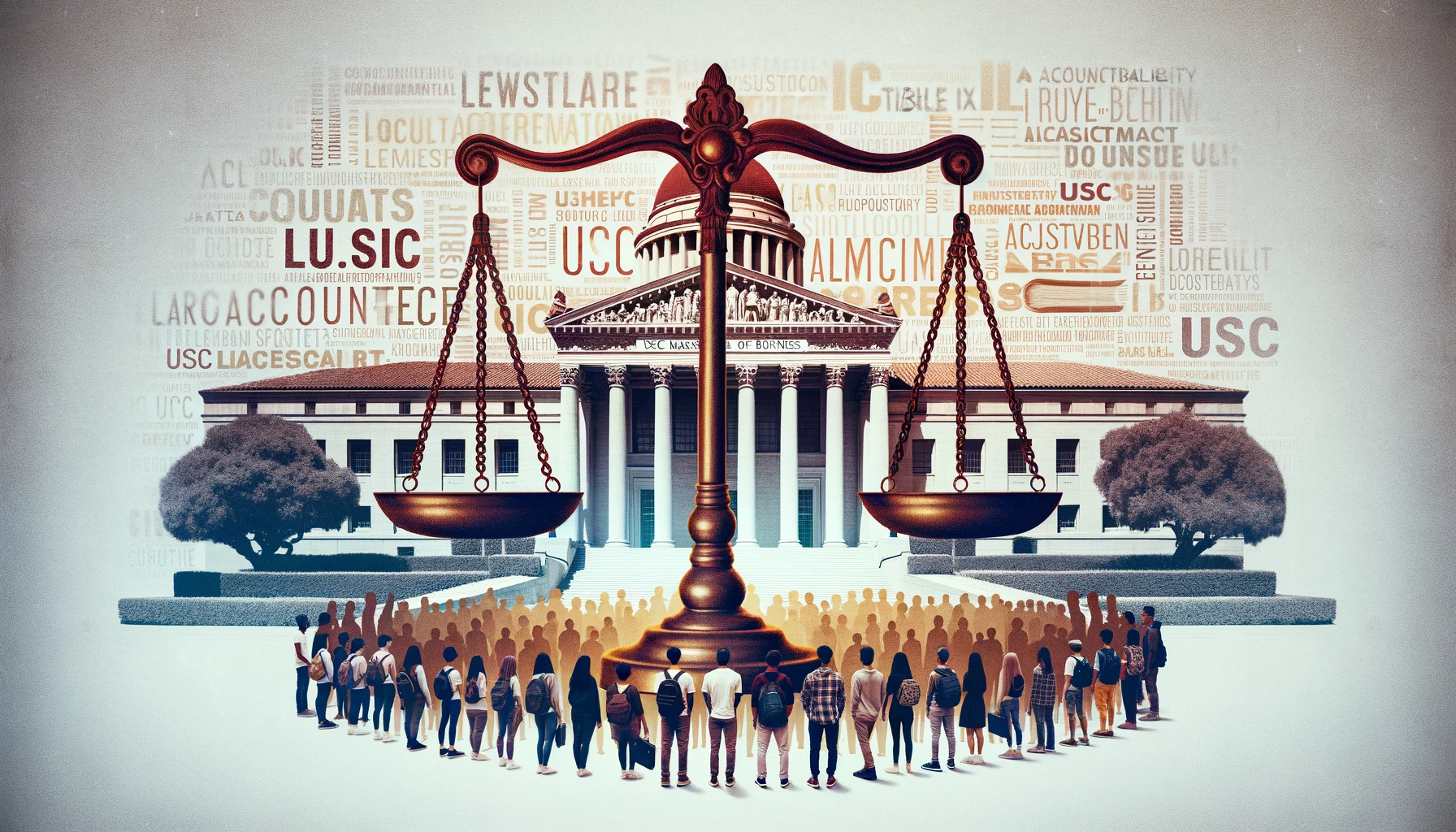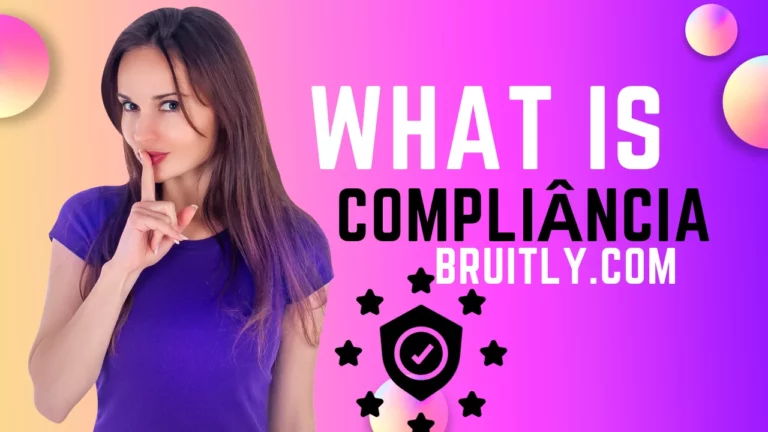C.W. Park USC Lawsuit: Key Takeaways
- Former USC student filed lawsuit in April 2021 accusing Professor C.W. Park of sexual assault over 3-year period
- Lawsuit alleges Park is a “serial sexual predator” who targets young female students, especially those of Korean descent
- Lawsuit claims Park made unwanted advances, touched plaintiff inappropriately, pressured her into sexual acts
- Case currently in discovery phase, raises questions about university responsibility in protecting students
- USC criticized for allowing Park to retire without discipline, failing to support victims

Background on C.W. Park and History of Misconduct
Professor C.W. Park is a tenured professor and director of the Global Branding Center at the USC Marshall School of Business. He has been at USC since 1997.
The lawsuit states that Park has a long history of sexual misconduct against female students. In 2018, USC investigated Park for sexual harassment and found he had violated university policy, but did not discipline him.
Impact on Victims and Their Families
The C.W. Park case has been extremely damaging for the victims and their families. They have suffered tremendous emotional distress, anxiety, depression, and disruption to their academic and professional goals.

USC’s Response to the Allegations
USC has faced criticism in their handling of the C.W. Park case and allegations:
- Accused of protecting Park and failing to support his victims
- Launched an independent investigation into the allegations in 2021 which is still ongoing
The Role of Title IX
Title IX is a federal law that prohibits sex discrimination in education and requires schools to address sexual assault and harassment. Potential penalties for violations include loss of funding and accreditation.
How Other Universities Have Handled Similar Cases
| University | Response |
|---|---|
| University A | Disciplined accused professors |
| University B | Allowed accused professors to retire without discipline |
Recommendations for Reform
- Create supportive environment for student victims
- Provide training and resources on prevention
- Hold staff accountable for sexual misconduct
Frequently Asked Questions
Q: What is the difference between sexual assault and harassment?
A: Sexual assault involves forced/unwanted sexual contact. Harassment involves unwelcome conduct based on sex.
Q: What should I do if I am assaulted or harassed?
A: Report it to a trusted adult and your school. Contact a parent, teacher, counselor.
In-Depth Analysis of Key Issues
C.W. Park’s Background and History of Misconduct
Professor C.W. Park has worked at USC’s Marshall School of Business since 1997. He currently serves as a tenured professor and director of the Global Branding Center.
According to the lawsuit, Park has a long record of sexual misconduct against female students at USC. In 2018, the university investigated Park for sexual harassment and found he violated school policy. However, USC declined to take any disciplinary measures against him.
Devastating Impact on Victims and Families
The C.W. Park USC lawsuit has been extremely traumatic for the victims involved and their families. They have endured severe emotional distress, anxiety, depression, and disruptions to their academic and professional aspirations. The profound personal impact illustrates the importance of university accountability in these cases.
Criticism of USC’s Response
The University of Southern California has faced sharp criticism over its handling of the C.W. Park case and allegations of misconduct:
- Protecting Park: USC has been accused of sheltering Professor Park and neglecting to support his victims in any meaningful way.
- Independent Investigation: In 2021, USC launched an independent probe into the charges against Park. However, the investigation is still ongoing with no clear resolution.
- Disciplinary Inaction: Allowing Professor Park to quietly retire without facing any discipline or consequences for his alleged behavior.
Role of Title IX in Combating Campus Sexual Assault
Title IX is a key federal law that prohibits sex discrimination in education. Under Title IX, schools are obligated to have procedures in place to prevent and promptly address sexual violence like assault and harassment.
Potential penalties for Title IX violations include cuts in federal funding, fines, and loss of accreditation status. Advocates argue more rigorous Title IX enforcement could help combat sexual misconduct on campuses.
Varied Responses at Other Universities
| University | Response to Similar Cases |
|---|---|
| University A | Disciplined professors accused of sexual misconduct |
| University B | Allowed accused professors to retire without disciplinary action |
There is no consensus approach on how to handle professors accused of sexual assault or harassment. Some institutions have enacted discipline like termination, while others have quietly allowed accused staff to resign with no consequences.
Recommendations for Reform and Prevention
Experts make several recommendations for how colleges can reform campus culture and better prevent sexual violence:
- Foster a safe, supportive environment for student victims
- Provide all students with more education and training on prevention, rights, and reporting
- Develop clear processes to hold staff accountable for sexual misconduct allegations
- Increase transparency around Title IX violations, investigations, and resolutions
Thorough reform is critical for shifting campus attitudes and norms around sexual assault and harassment.
Frequently Asked Questions
Q: What are some warning signs of sexual harassment or assault?
A: Warning signs may include inappropriate comments or touching, unwanted advances, discomfort, instinctive feelings something is wrong.
Q: What should I do if a friend is assaulted?
A: Support your friend emotionally, encourage them to report the incident safely, connect them with resources like counselors. Do not spread rumors or details without their consent.







